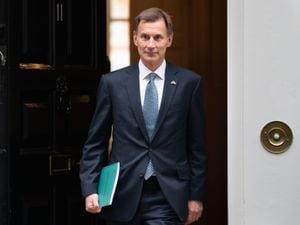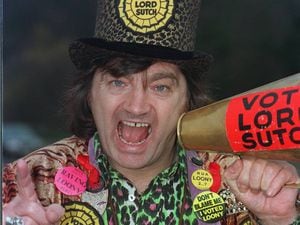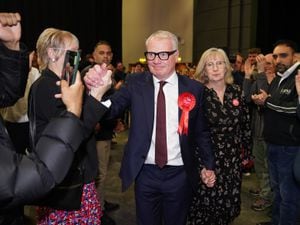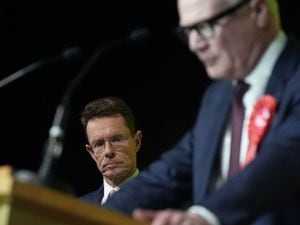Anger as households set to face paying almost £2,000 in average council tax bill
Households are facing an extra £100 on their council tax bills under new plans to protect public services.

From next year people across the Black Country and Staffordshire could see average bills rise to nearly £2,000 after the Government increased the cap on rises from 2.99 per cent to five per cent.
The move – announced a part of the Chancellor's budget – has been slammed by council leaders from across the political divide. They say ministers are forcing them to increase bills to keep services going.
Councillor Kerrie Carmichael, Labour leader of Sandwell Council, accused the Government of attempting to bury the hike. "This is just so councils get the blame because their mini budget crashed our economy," she said. "Extra council tax and adult social care precepts help councils with richer populations because of different band properties and more people pay the full rate.
"We still have 100 per cent council tax levy for our residents. They just keep manipulating the figures and denying councils like ours their fare share."
Councillor Patrick Farrington, Conservative leader of Stafford Borough Council, said he was against removing the cap. "We do not want to burden our hard hit families and households who are already facing significant cost of living increases," he said.
Local authorities previously needed to hold a referendum of they wanted to increase bills by more than 2.99 per cent. The threshold increase could result in residents of Band D homes in the Black Country and Staffordshire paying around £100 more each year.
Wolverhampton Council's Labour leader, Ian Brookfield, said: "I know there are some authorities who are already going cap in hand to the government.
"We are not in the same boat but I'm disappointed the burden of taxation will be moving from national government to local people.
"It's local people and services which could suffer. We will seriously have a look at our finances. We get a final determination in December.
"I'm absolutely sure there will be less resources from national government than there was before. We are a lot better off financially than a lot of other authorities in the country but the last thing we need is to ask people to pay more locally for potentially less services."
Councillor Alan White, Conservative leader of Staffordshire County Council, said the authority would be examining how the announcement would impact on its budget planning.
He also urged ministers to find a "national solution" to the biggest issue facing the council – adult social care.
James Jamieson, chairman of the Local Government Association, said: "Council tax has never been the solution to meeting the long-term pressures facing services - particularly high-demand services like adult social care, child protection and homelessness prevention.
"It also raises different amounts of money in different parts of the country unrelated to need and adds to the financial burden facing households."





